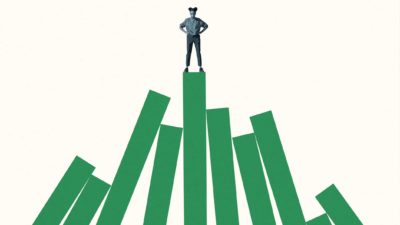The ongoing Australian bushfire crisis is taking a terrible toll on our communities, wildlife, environment and economy. In a previous article, I discussed the impact of the ongoing bushfire crisis on ASX retail shares. Unfortunately, that is not the only industry affected by the fires. The insurance industry has also been on high alert monitoring the impact of the fires.
Whilst a catastrophic bushfire season would have been factored into their claims forecast, a Bell Potter analyst has noted that significant financial strain could be placed on providers once claims reach $500 million.
Here's a closer look at 2 companies in the insurance industry and how they have fared so far.
Suncorp Group Ltd. (ASX: SUN)
Suncorp is a Queensland-based financial services conglomerate. One of its main businesses is insurance, which it operates under a number of brands including AAMI and GIO.
AAMI is touted to be one of the insurers that will be hit the hardest, with a large financial exposure to the NSW bushfires. In an announcement on 9 January, the business noted that since September 2019 more than 2,600 bushfire-related claims had been received with a total estimated cost of between $315 million and $345 million.
The company has also put embargoes on certain areas affected by the bushfires. This standard industry practice, along with a reinsurance program (including a $200 million stop loss), will help to minimise any earnings impact.
Thus far, the Suncorp share price hasn't been materially impacted by the bushfires, down 1% over the last 3 months. This is compared to the S&P/ASX 200 (INDEXASX: XJO) which is up 6% over the same period.
Insurance Australia Group Ltd (ASX: IAG)
IAG is the largest general insurance company in Australia and New Zealand. The Group provides a range of personal and commercial insurance products, primarily motor vehicle and home insurance. IAG operates some brands you will know, including NRMA Insurance, CGU and SGIO.
On 3 January 2020, IAG announced that it had finalised its 2020 catastrophe reinsurance program. The company increased its gross reinsurance protection to up to $10 billion, compared to $9 billion in 2019. Similarly to Suncorp, the company has employed the use of embargoes, which should minimise any earnings impacts.
The IAG share price has also remained relatively steady considering the circumstances, dipping 2% over the last 3 months.
The big picture
Ultimately, the safety and wellbeing of our communities, wildlife and the environment is the most important thing. Given that it is the insurer's job to maintain profitability over the long term, whilst factoring in unforeseen events, both Suncorp and IAG shares will be worth watching as the ongoing crisis unfolds.








